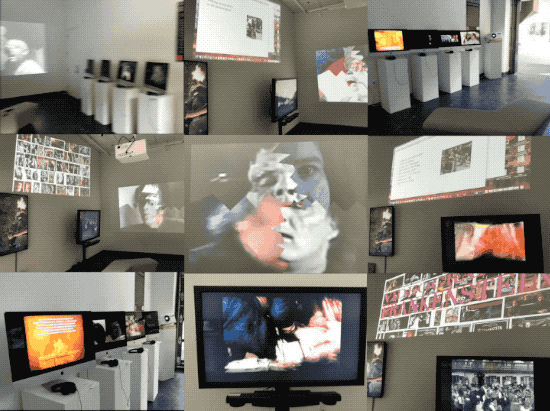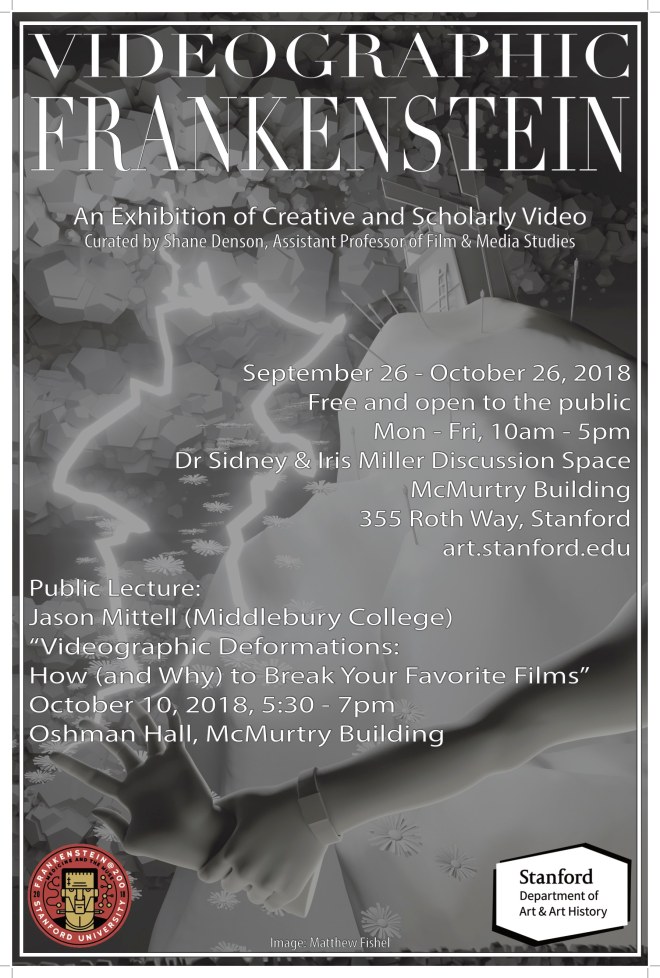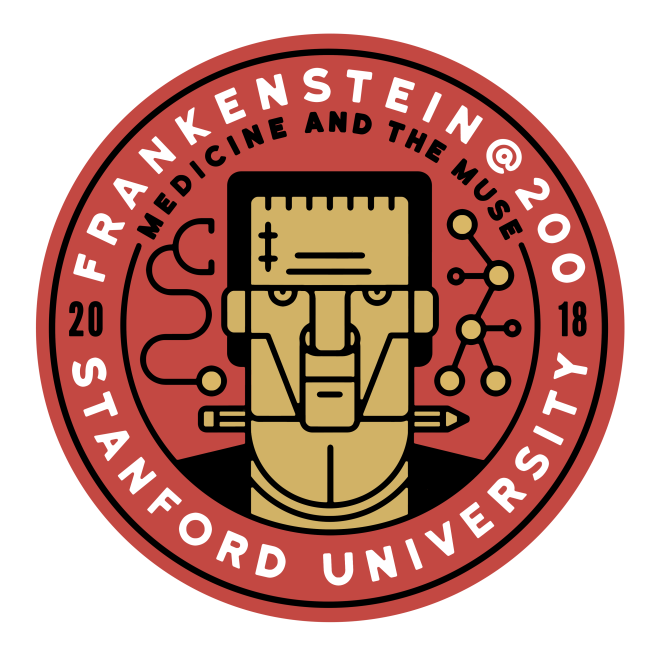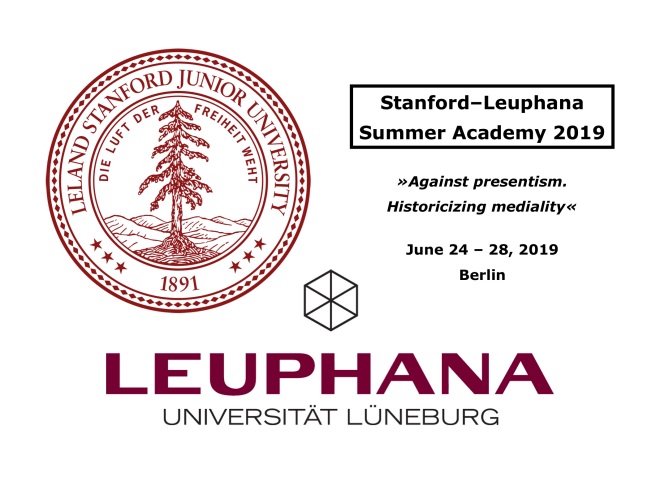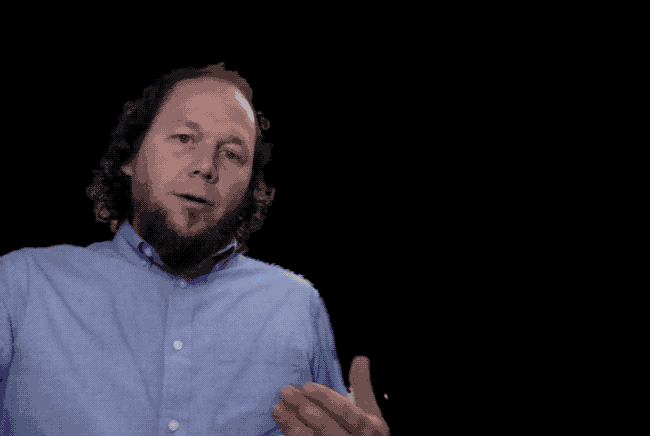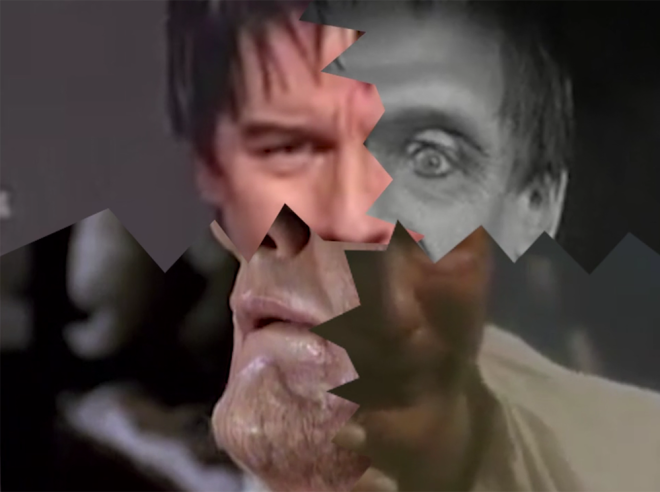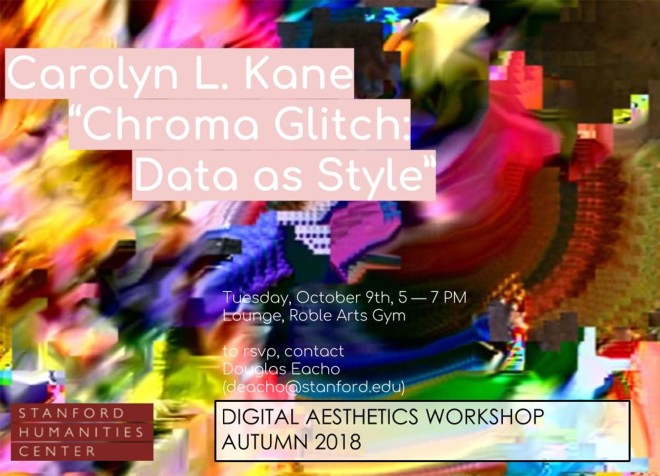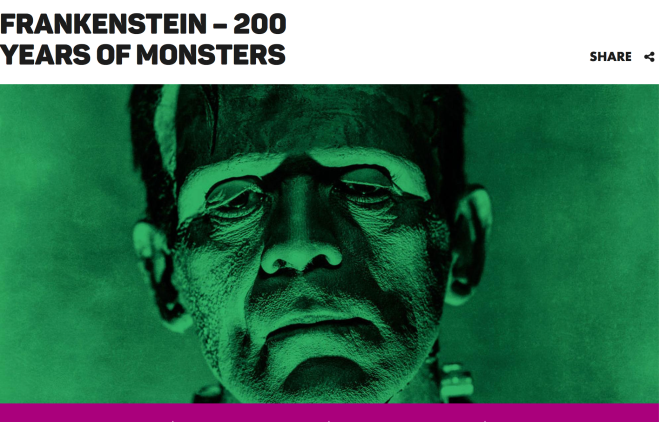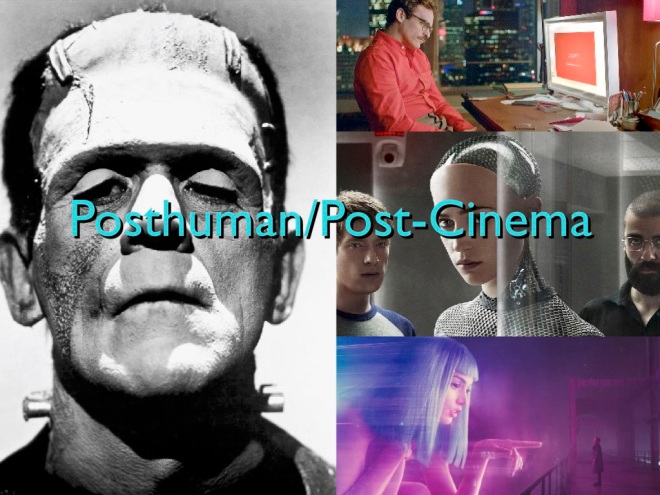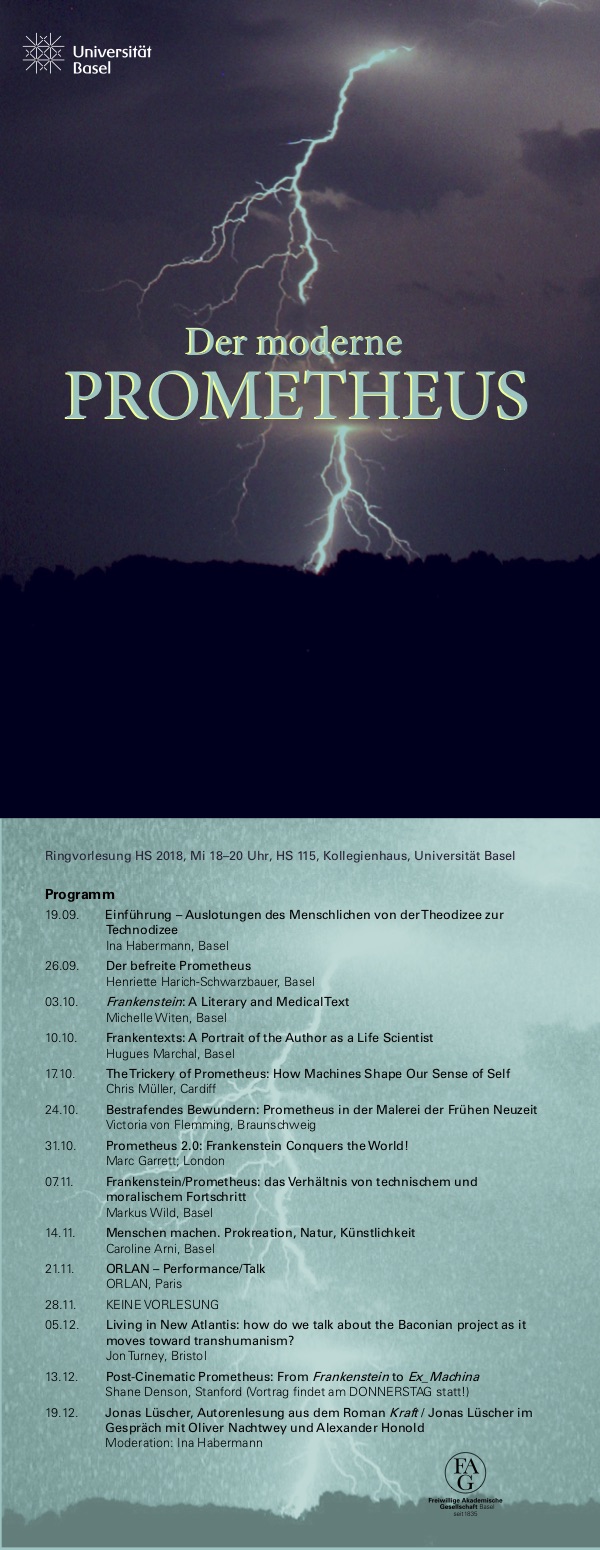Stanford–Leuphana Summer Academy 2019
»Against presentism. Historicizing mediality«
Thinking about technological changes or revolutions is often marked by a presentist, ahistorical mode of thinking and debate. Consider the contemporary discussion about »digital culture« and its technologies. The tropes mobilized are usually technicist and innovation- or even disruption-oriented, in both their affirmative and critical guises. Little attention is given to historical precursors of technologically driven social change. Even less attention is given to concepts and theories from other historical periods that might help investigate and understand our current predicament.
The Stanford-Leuphana Summer Academy seeks to change perspectives by focusing on concepts and theories that break with the myopia of presentism. In seeking to formulate a new research area in terms of other periods (e.g. premodern or early modern) and fields (e.g. anthropology, religious studies, art history, etc.), this 5-day seminar seeks to historicize mediality in productive and innovative ways. If »digital cultures« are not only modernity’s final product, but also brought an end to modernity, then it might be inspiring to think about digital cultures beyond or apart from modern concepts. What terms are historically specific for an age or culture, and what concepts apply broadly to various phenomena from the premodern to the present age? In what ways do preliterate, oral, or ritualistic cultures intersect with digital modes of information? How can these other perspectives change our thinking about the present?
Key terms:»ritual«, »authorship«, »sovereignty«, »arcane«, »orality«, »participation«, »public sphere«, »social construction of time«, »art«, »literature«, »history«, »philosophy«, »history of science«, »historiography«
Date: June 24 – 28, 2019
Location: Stanford Berlin, »Haus Cramer«, Pacelliallee 18, 14195 Berlin
Faculty
- Timon Beyes (Sociology of Organisation and Culture, Leuphana)
- Shane Denson (Film and Media Studies, Stanford)
- Elena Esposito (Sociology, Modena/Reggio Emilia)
- Marisa Galvez (French, Italian, and German Studies, Stanford)
- Hans-Ulrich Gumbrecht (Comparative Literature and German Studies, Stanford)
- Thomas Macho (Cultural History, IFK Vienna)
- Karla Oeler (Film and Media Studies, Stanford)
- Claus Pias (History and Epistemology of Media, Leuphana)
- Fred Turner (Communication, Stanford)
- Sigrid Weigel (Literature and Cultural Science, Berlin)
Application
All applications must be submitted electronically in PDF format. Please submit your CV (1-2 pages) along with a 500-word abstract of your topic, and a short letter of intent explaining why you would like to attend this Summer Academy.
Please use the following naming convention for your application files:Lastname_CV.pdf, Lastname_Abstract.pdf, Lastname_Letter_of_Intent.pdf.
Please email your applications to Nelly Y. Pinkrah (nelly.pinkrah@leuphana.de).
This summer school is designed for graduate students. The deadline for applications for the summer school is December 15, 2018. All applicants will be informed about the selection of participants by end of January 2019. The working language of the Summer Academy will be English.
The organizers will cover travel (economy) and accommodation costs for the time of the summer school. No additional fees will be charged.
Contact
Claus Pias (pias@leuphana.de)
Please spread the word to graduate students who might benefit from an interdisciplinary effort to rethink mediality and its relation to history.
